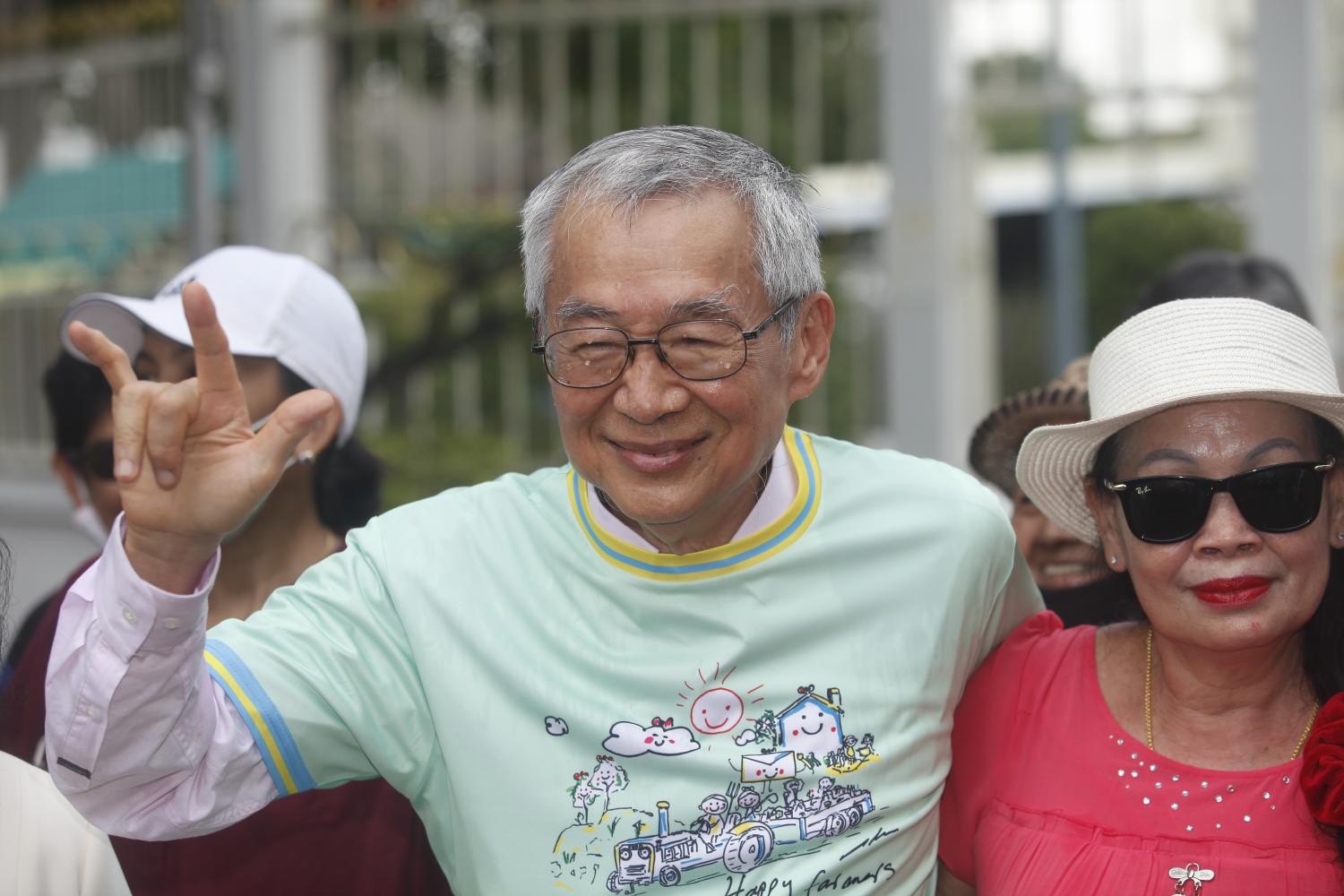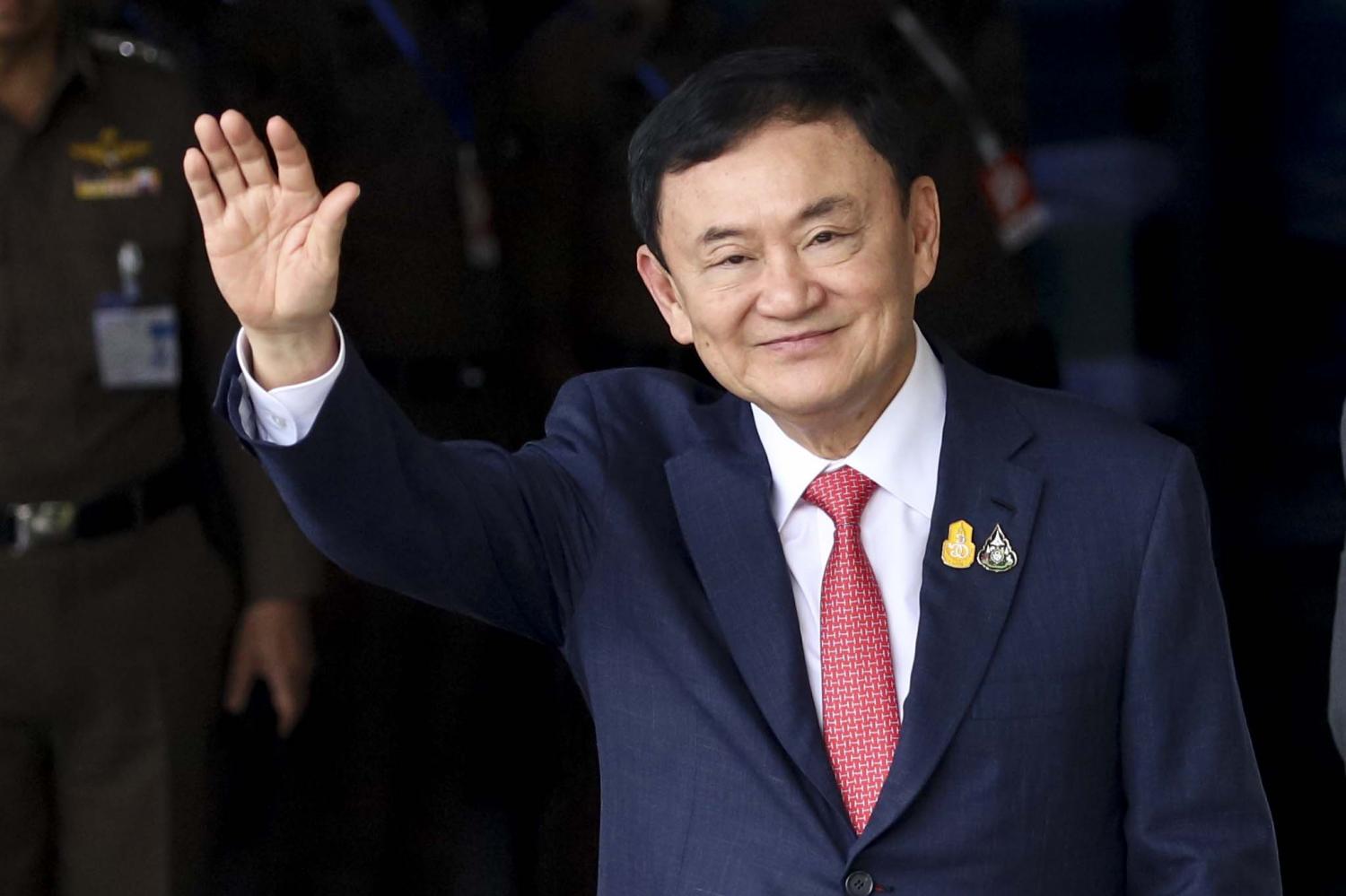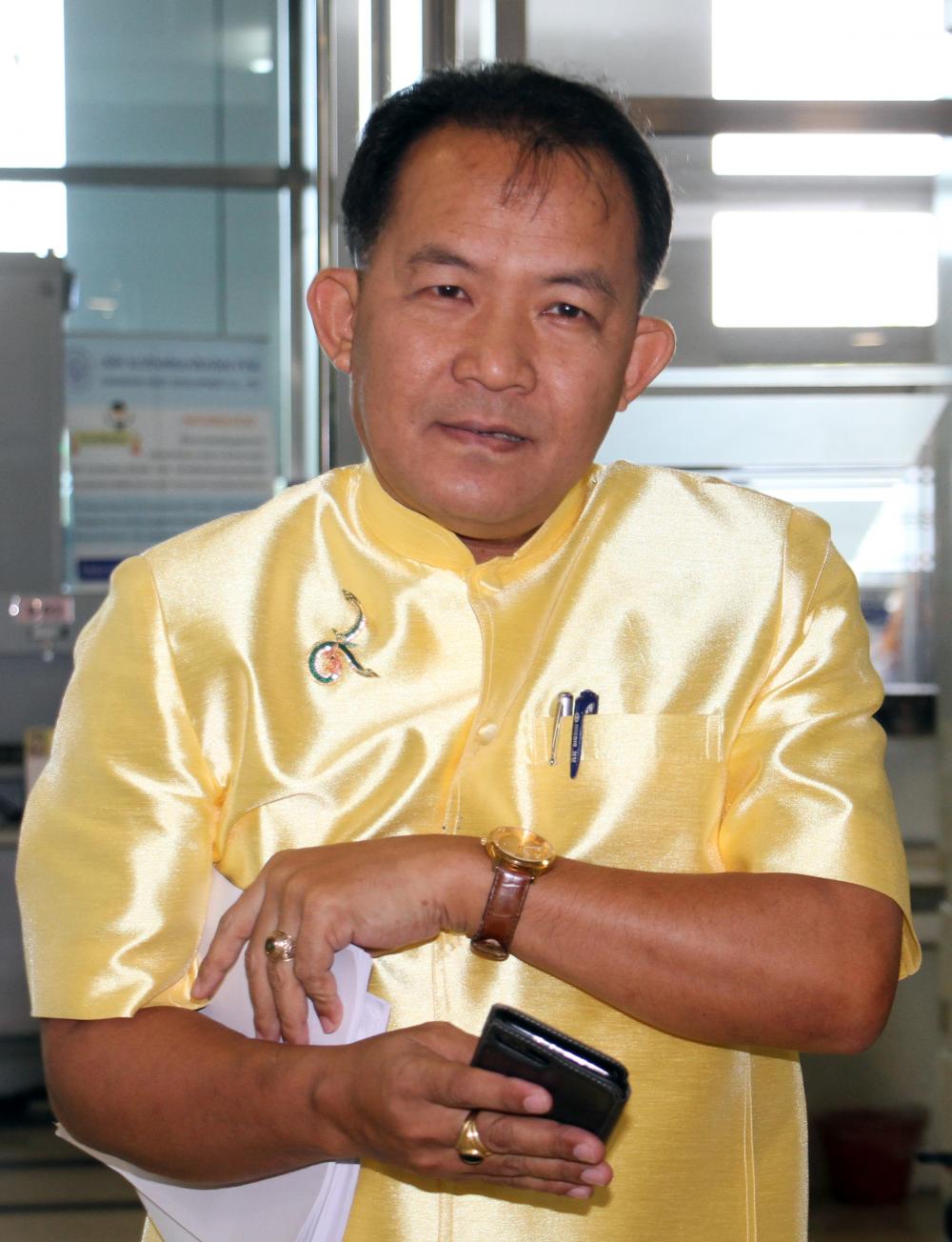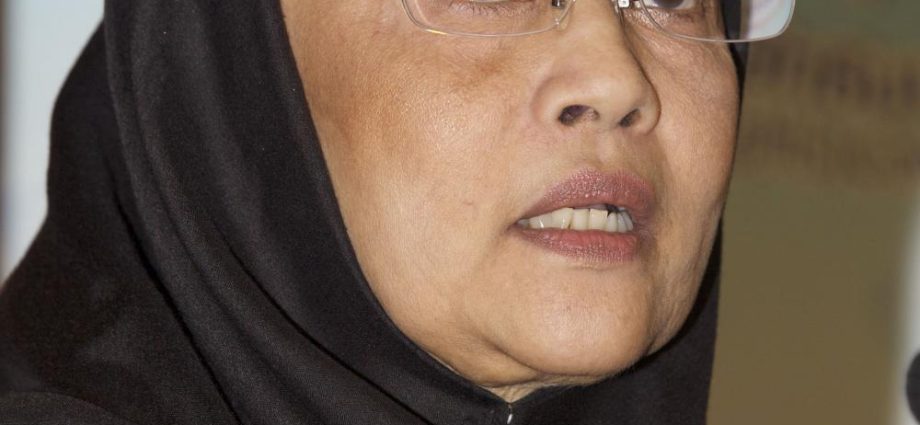
The Department of Corrections (DoC) has come under fire for treating former prime minister Thaksin Shinawatra better than other prisoners in the system, with critics questioning whether the ex-premier is really ill.
Thaksin, 74, returned to Thailand last Tuesday following years of self-imposed exile abroad. He was sent to prison after the Supreme Court handed him an eight-year prison sentence over past convictions relating to his term as prime minister.
However, the DoC said he was transferred from Bangkok Remand Prison to Police General Hospital at 12.20am the next day, after complaining of chest pain, high blood pressure and low blood oxygen saturation.
Since then, Thaksin has been staying at an intermediate care unit (IMCU) on the 14th floor of the hospital’s Maha Bhumibol Rachanusorn 88 Phansa building.
A

Former prime minister Thaksin Shinawatra waves to his supporters as he arrives at Don Muang Airport last Tuesday morning before being taken to prison. Pattarapong Chatpattarasill
doctor at the Medical Correctional Institution who reviewed Thaksin’s medical records defended the transfer, saying the ex-premier needed to be placed under special observation given his past history of illnesses — which include ischemic cardiomyopathy, hypertension, pulmonary fibrosis and spondylosis.
As the Medical Correctional Institution lacked the necessary medical equipment to observe Thaksin’s health indicators, the doctor decided to transfer Thaksin to Police General Hospital for his safety.
The transfer to the Police General Hospital was done in accordance with the rules, according to the DoC.
Special privileges in jail?
The “VIP” treatment given to Thaksin has sparked widespread criticism about the fairness of the corrections system, with many saying Thai prisons reflect the nation’s deep social inequalities and in the eyes of the elite, are not meant for the wealthy.
Angkhana Neelapaijit, a former member of the National Human Rights Commission, said the DoC must not give Thaksin any special treatment, as other prisoners — especially those who come from a lower socio-economic background — may feel discriminated against.
“In a prison, all prisoners must receive equal treatment,” she said.
But the treatment Thaksin has received has led many to believe that he remains a VIP, even in prison.

“Other inmates question whether Thaksin will be required to follow prison rules, such as having a short haircut, eating meals with other prisoners, and participating in inmates’ activities,” Ms Angkhana said.
Only inmates who require urgent medical care should be allowed to stay at the prison’s hospital, she said.
Ms Angkhana said there are many elderly inmates who share Thaksin’s health conditions but are not given the same privileges he received.
“Former elderly inmates such as [former yellow-shirt co-leaders] Sondhi Limthongkul and Chamlong Srimuang never received such privileges. Neither has Boonsong Teriyapirom [a former commerce minister who is now in jail].
“The incoming government, the Justice Ministry and the DoC must not act in a way that leads to suspicions of special privileges in prison,” Ms Angkhana said.
Prison reform
Rights activist Pornpen Kongkachornkiat said inmates who require medical care at hospital remain under strict surveillance.
“Some were chained up to their stretchers during transfer from prison to hospital guarded by prison officials. Thaksin may not have been treated like this, but it is obvious he is receiving preferential treatment,” Ms Pornpen said.
“Other inmates, particularly elderly ones, should also be allowed access to proper medical care they deserve,” she said.
Ms Pornpen also called on the incoming government to initiate prison reform and improve jail conditions to ensure better living conditions for inmates.
“Prisoners should not be dehumanised. They have the right to eat good food, and stay in proper conditions. There is the general perception that prisons are scary and overcrowded. Urgent reforms are needed to improve conditions in prisons, as well as their image,” Ms Pornpen said.
Former red-shirt leader Weng Tojirakarn said the public is keeping a close watch on the DoC’s treatment of Thaksin.
Dr Weng, who served around one year and a half in the prison stemming from political conflicts, said the department has guidelines for treating sick prisoners.
If Thaksin is indeed ill, he has the right to medical treatment in the hospital, Dr Weng said, adding the department should also give equal treatment to other prisoners.
Dr Weng pointed to the case of Ampon Tangnoppakul, who was sentenced to 20 years in jail on lese majeste charges, but died of cancer at the age of 71 after serving just two years at Bangkok Remand Prison in 2012.
His relatives claimed the medical services provided to older inmates were subpar.
‘Political illness?’
Political activist Srisuwan Janya said people are wondering whether Thaksin is really sick or is “politically sick”.
He said Thaksin received a red-carpet treatment from the moment he landed at Don Mueang airport until he was sent to jail and transferred to the Police General Hospital.
“Following his court appearance, he was escorted in an air-conditioned vehicle to Bangkok Remand Prison, escorted by an entourage of security officers, like a foreign leader on a state visit,” Mr Srisuwan said.

Srisuwan: Thaksin looked fine in Dubai
Mr Srisuwan also pointed out that Thaksin looked fine in Dubai, as evidenced by his daughter Paetongtarn’s social media posts, but immediately fell ill upon his return.
Daycha Siripatra, founder of Khaokwan Foundation, which promotes the use of medical cannabis, said on Facebook that it is impossible for other inmates to receive the same treatment as Thaksin does.
“It is not a surprise that many are speaking about against the double standard,” Mr Daycha said.
Tul Sittisomwong, a political activist, said the Police General Hospital should nurse Thaksin back to normal health as quickly possible and then send him back to the prison hospital.
He said the hospital should also ask for Thaksin and his family’s permission to reveal his medical condition and treatment plan to end any suspicion of preferential treatment.
Meanwhile, Nastee Thongplad, chief of Bangkok Remand Prison, said Thaksin’s family members will be permitted to visit him at hospital today as his quarantine period has ended. The visit will last about 30-40 minutes.
He said the department has limited the number of visitors to 10 per day.

